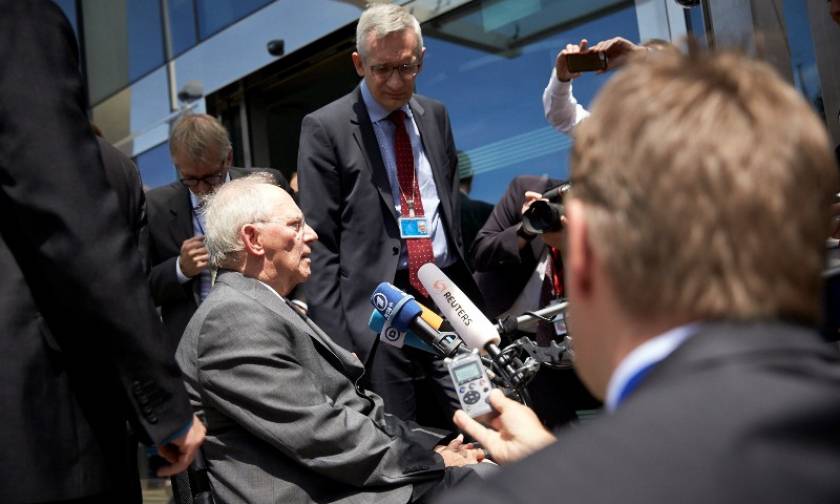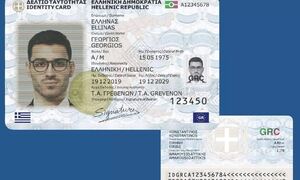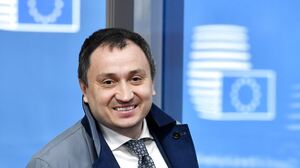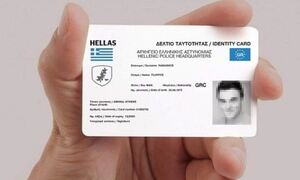Remaining in eurozone is 'up to the Greeks' but became much more difficult, Schaeuble tells ZDF

It was now up to the Greeks whether they will remain in the Eurozone but things were looking increasingly difficult, German Finance Minister Wolfgang Schaeuble indicated in an interview with Germany's ZDF state television late on Saturday (27/6).
"It is clear that with this policy of [Greek Prime Minister Alexis] Tsipras, which creates confusion, it became much more difficult," he said, commenting on the Greek prime minister's decision to call a referendum on the creditors' terms.
He said the Greek government "suddenly got up and left" the negotiating table, even though Tsipras had been with the other Eurozone leaders just the day before, and the German Chancellor and many others were make immense efforts for his country "this not only creates confusion but is also depressing."
Banking experts and the European Central Bank were watching the development of the situation in Greece until Monday with great concern, he said.
Schaeuble said that Greek government's decision to give a negative recommendation to accepting the creditors' proposals put the other governments in a very difficult position.
"Suppose that the Greek people vote against their government's recommendation. Then we say to our own people and our own Parliament 'now we will have faith that those responsible in Greece, in other words the government, will do the things they have committed to in this programme, which they have just recommended that their people don't accept.' This is not the basis for decisions at the expense of tax payers in other countries," Schaueble said.
According to the German finance minister, a Greek default will not put the German budget at risk, while the Eurozone must also make it convincing clear that it is stable in order to avoid risk.
In another interview with the channel ARD, he said there were no grounds for extending the current programme beyond its expiration on June 30 and predicted that Greece will face "a serious economic crisis" in the next few days. He pointed out that Greeks, in anticipation of this, had drawn large amounts in deposits in the last few days.
Schaeuble said that Tsipras had genuinely taken everyone by surprise with his decision to call a referendum, while he said that another summit on Greece "would have no point".
"Greece must assume its responsibilities. With this decision, it unilaterally left the negotiating table and, taking into account the process and the time, it is rather inconceivable," he said.
European Parliament President Martin Schulz, on his part, told ARD that the "door remains open" and expressed hope that a logical solution can be found and Greece can be saved.
"We have the opportunity for the Greek people to say 'yes' to this proposal next Sunday. The door remains open and will be open then," he said, expressing his belief that the majority of Greeks do not thing like its Finance Minister Yanis Varoufakis.













